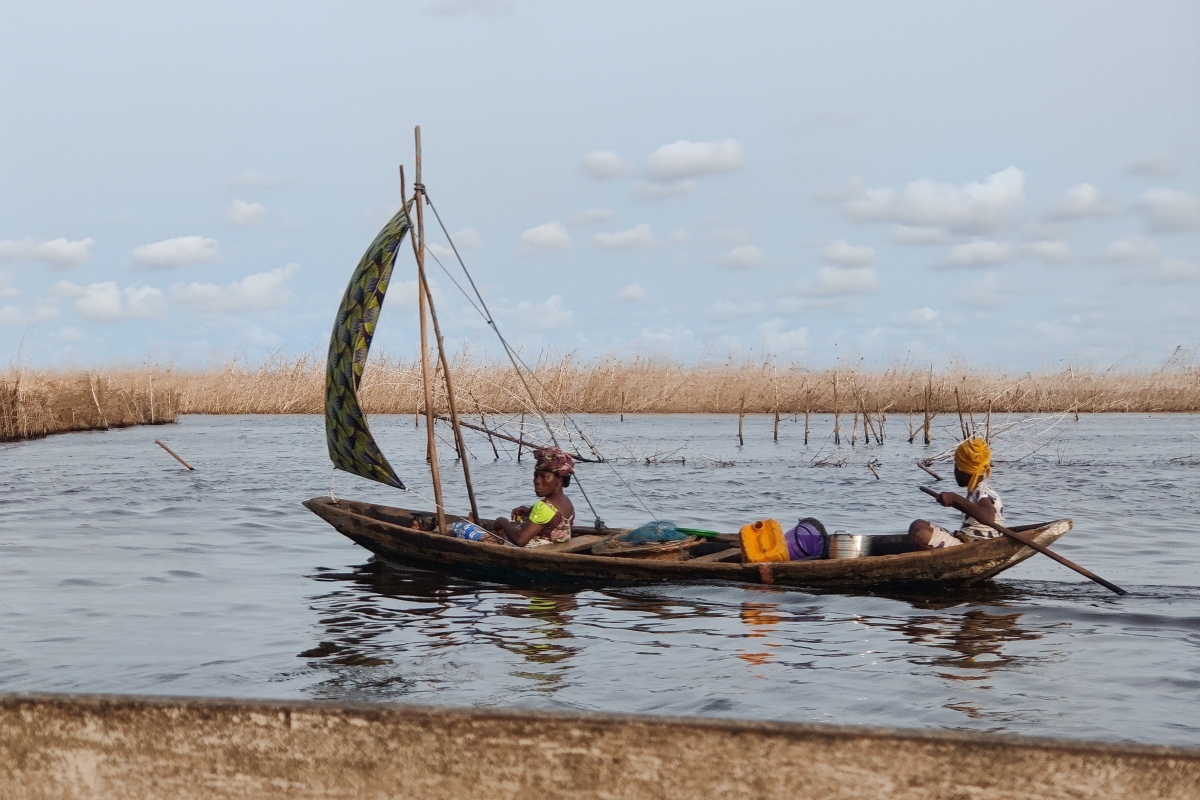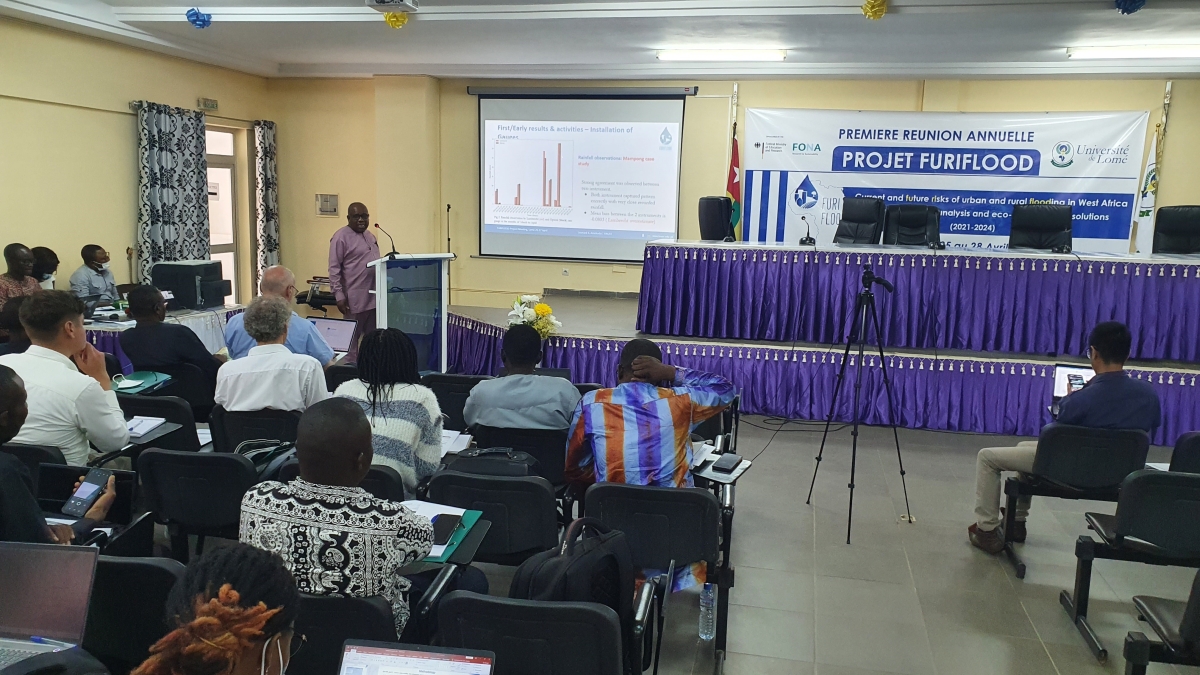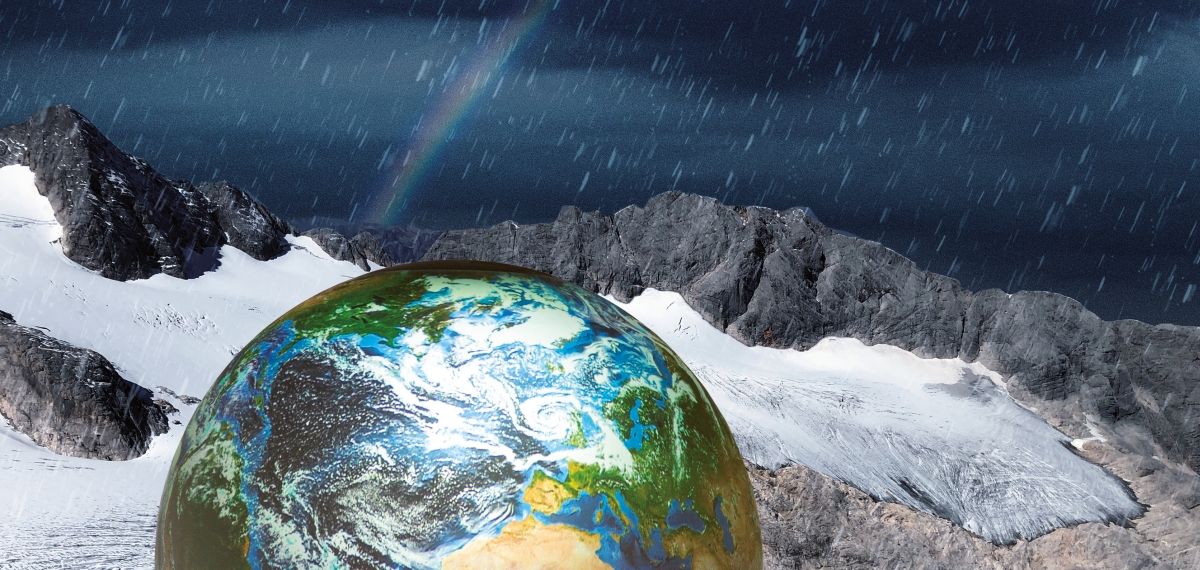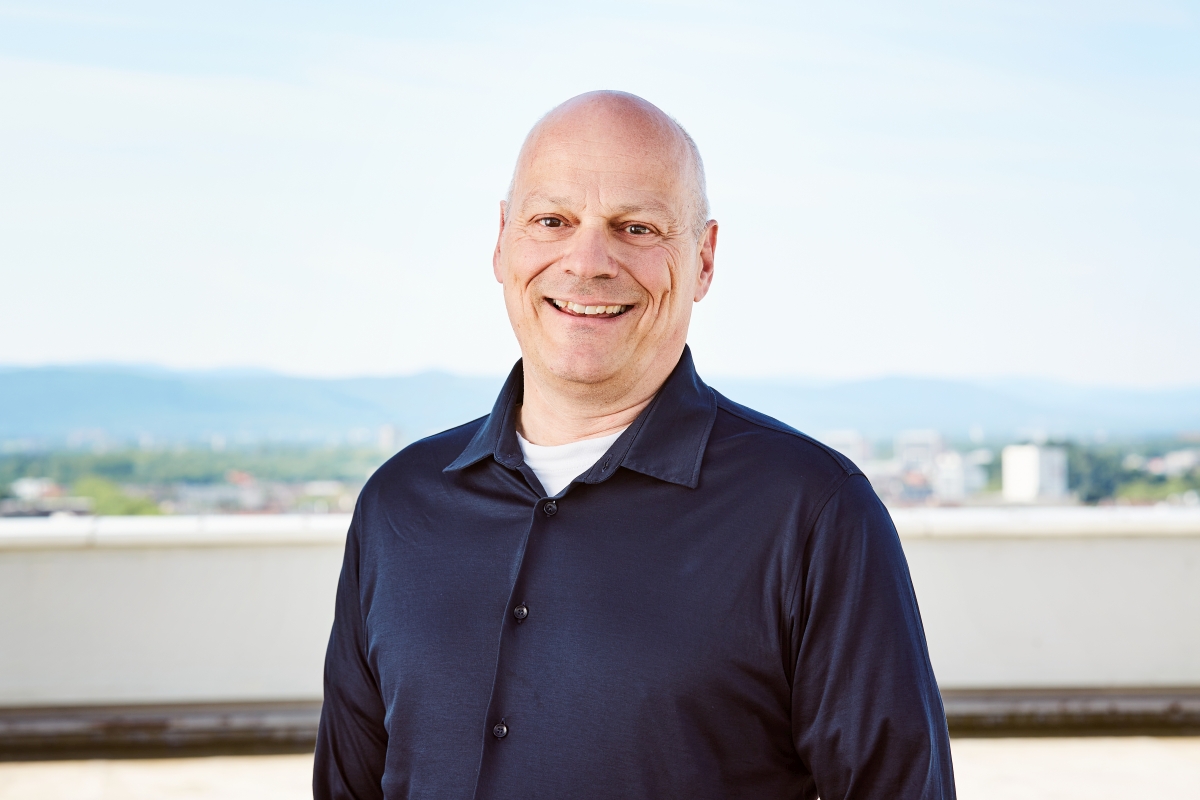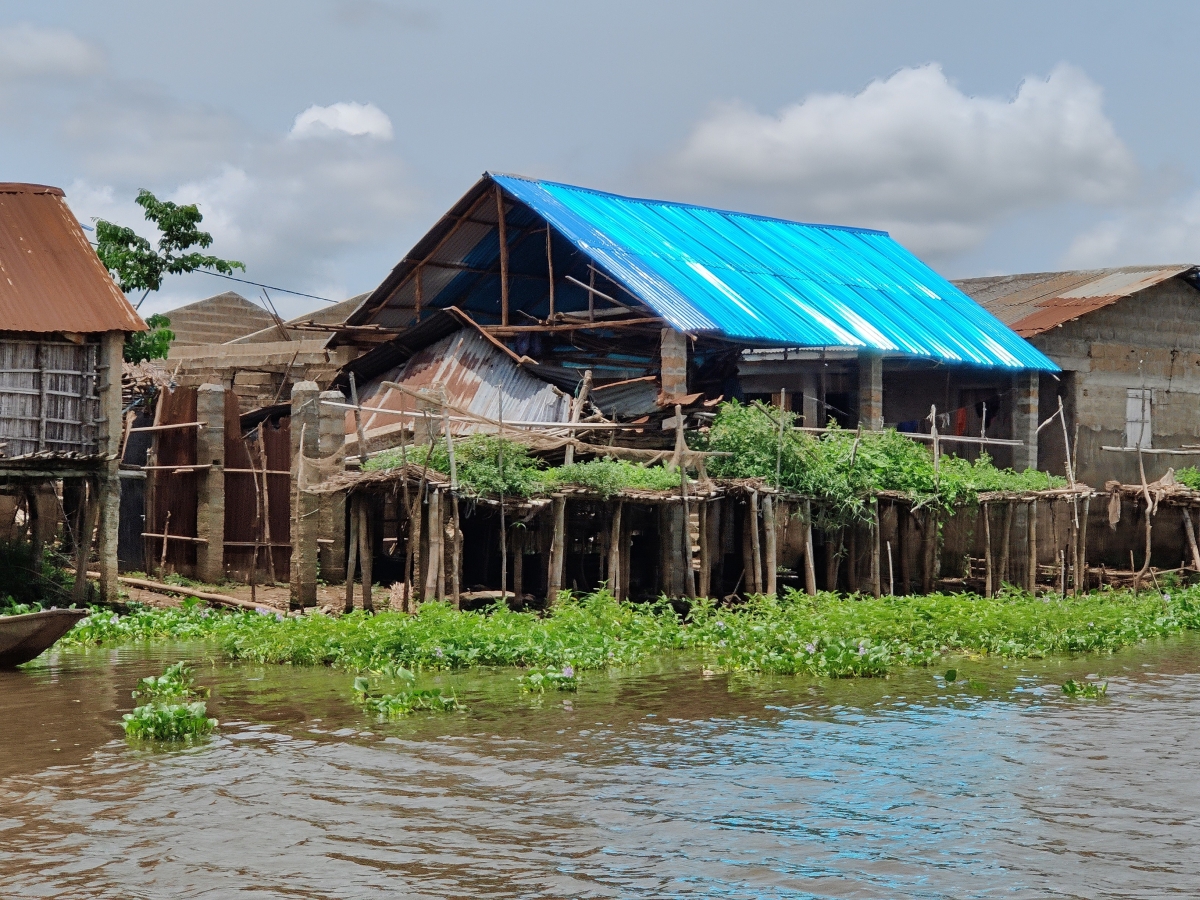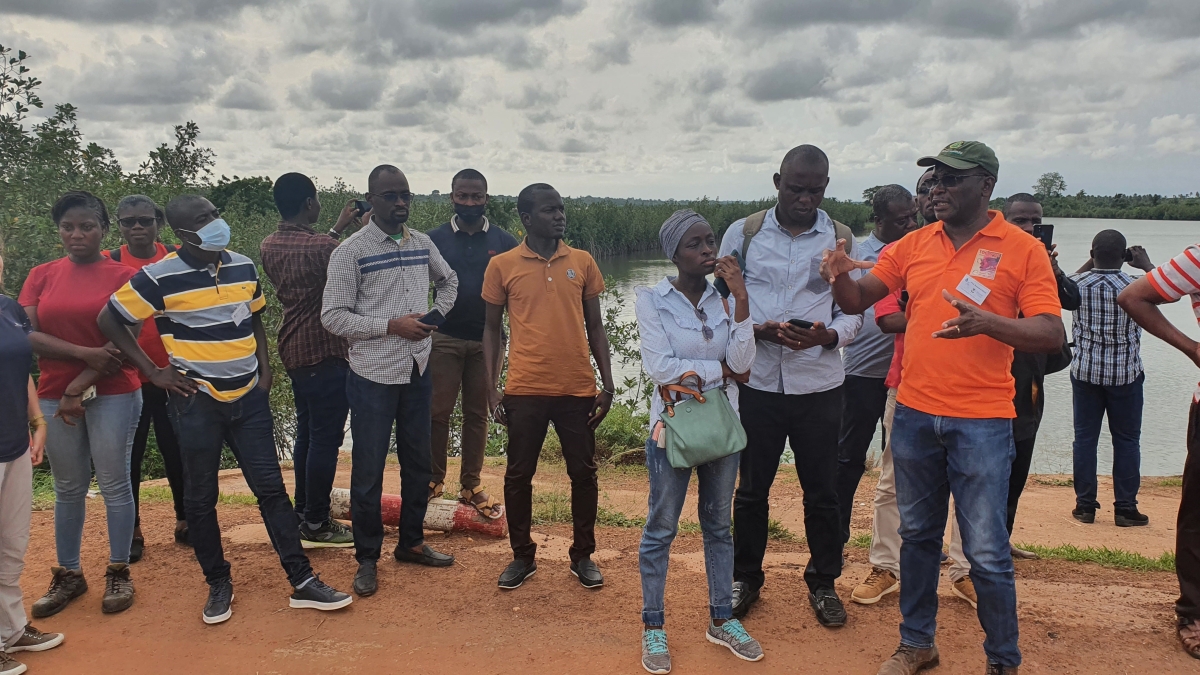Tracking the Weather: Climate Research in Africa
When Andreas Fink was asked by a colleague from England in 1997 whether he would like to participate in a project in Africa, he accepted immediately. At that time, the meteorologists were studying precipitation systems associated with the West African monsoon. This first stay was the starting point of 25 years of research experience in projects on the African continent gained by Andreas Fink, professor at the Institute of Meteorology and Climate Research of Karlsruhe Institute of Technology (KIT).
One reason why Fink dedicates his life to this topic is the considerable knowledge deficit about rainfall-bearing weather systems due to the sparse data basis in Africa. For the meteorologist, it is not least this scientific challenge that takes him to Africa two to three times a year.
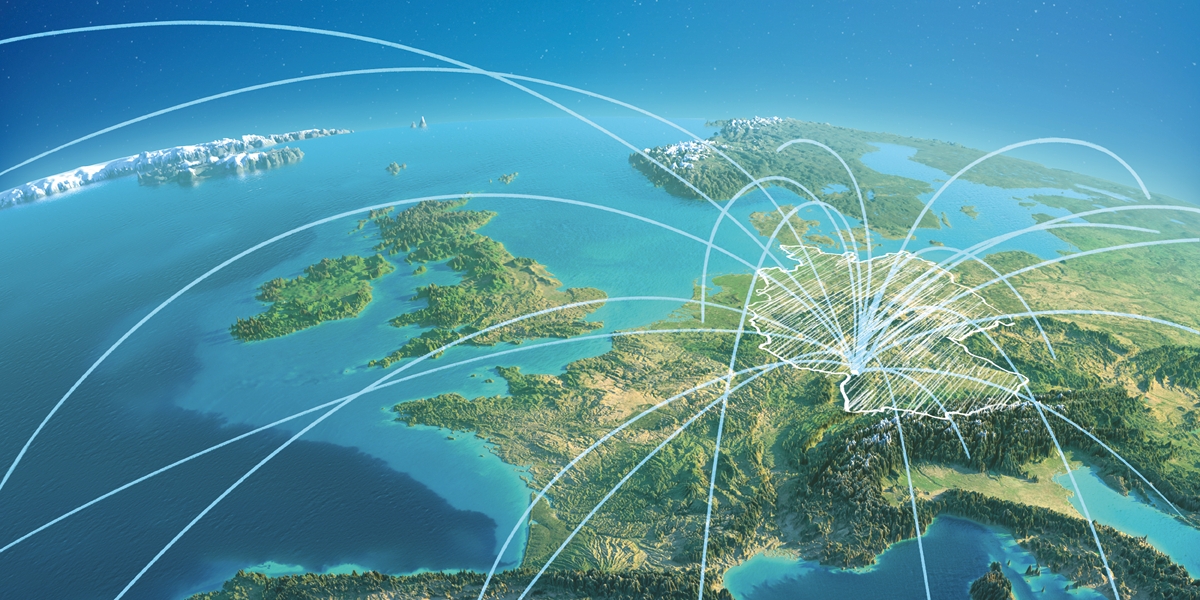
The lookKIT research magazine provides details about international activities at KIT – from research cooperations to the promotion of young scientists.
Learn More“Meteorology on this continent is a very complex field. Much is still to be discovered, as there are hardly any weather records, or the few existing ones are not available. This is one of the reasons why weather forecasts there are much less accurate than in Central Europe,” explains Fink. The most important meteorological parameter on the African continent is precipitation. It supplies water for agriculture and industry, fills the drinking-water wells and reservoirs. Now, the increase of extreme weather events in Africa endangering the population is another concern for the researchers. Meteorologists believe that climate change contributes to these phenomena.
Research Results Contribute to Flood Control
One of the projects that the scientist manages from within KIT is FURIFLOOD, a project funded by the German Federal Ministry of Education and Research. It includes research on extreme rainfall and flooding along the populous coastal strip of West Africa. “We are looking at how much extreme precipitation has occurred there and how intense these rainfalls were in the past 100 years and also how much is to be expected in the next 70 years,” Fink reports. “It is an interdisciplinary project that also involves colleagues from hydrology and the human sciences. We are also investigating the vulnerability or resilience of the people living there. We want to know how they are dealing with the problem and how they are informed or warned.”
The results are meant to help the affected countries improve preventive planning and enable them to build dams and establish natural floodplains where needed. This is necessary because uncontrolled settlements are quite common in those densely populated areas. The final goal of the researchers is to present a catalog of hazard areas to the local decision-makers. For Andreas Fink, this is climate service.
Meteorology to Help Preserving the Rainforest
Another Africa-based project by the climate scientist focuses on the stability of the rainforest in Gabon. The forest area, which has remained intact so far, is continuously protected from solar radiation during the rainless season by a low cloud cover. “Forest researchers state that the diffuse light has created a rainforest that is adapted to the lack of light and therefore particularly rich in species. They fear that due to the climate change, the clouds might disappear in the rainless season, thus endangering the survival of this forest,” the meteorologist explains. This is the initial situation for the DYVALOCCA project, which is co-funded by the German Research Foundation and the French Agence Nationale de la Recherche.
The researchers therefore want to understand why the cloud cover is so persistent now and which factors lead to its dissipation, although this rarely happens at present. The research team is supported in its scientific work by the Ministry of Environment of Gabon. For the preservation of the rainforests, the country would like to raise financial aid within the framework of climate agreements.
Global Relevance of Research in Africa
Andreas Fink is eager to emphasize the importance of research in Africa: “We are in the midst of global change, which includes climate change, but also growth of population. Africa is currently home to 1.3 billion people. By the end of the century, there will be over 4 billion, while the populations of other continents are barely growing or even declining. The importance of Africa will therefore increase. Our estimation shows that climate change is already showing its impact. This becomes obvious in African regions where the warming increasingly manifests itself in more extreme weather events.”
The Horn of Africa, for example, has experienced frequent extreme droughts in the past decade. Accompanied by political instability, severe famines followed each time. The experts are convinced that climate change had its share in this. For the future, they expect more severe periods of drought throughout Africa, but also more extreme rainfall. Yet Africa itself has only a very small share in the causes of climate change. “While the per capita emission of CO2 is about eight tons a year in Germany, people in Africa only produce one ton,” Fink explains.
“Our goal at the institute is to produce improved weather forecasts and climate projections for Africa so that we can develop adaptation strategies. We cannot be indifferent to what will happen there in the coming decades. Our connection to Africa not least stems from the colonial era,” the meteorologist explains.
The researchers also keep an eye on the increasing migration. For example, Fink’s plans also include educating African PhD candidates or establishing study programs at African universities: “Colleagues from Africa are constantly present here at our department. After 25 years of cooperation, a good network has developed. The quality of the education African researchers receive is improving. In Ghana, for example, we have been supporting a meteorology course since 2010 by supplying measuring equipment and by co-supervising dissertations,” says Fink.
Valuable Experiences Gathered in Africa
In any case, the climate researcher would not want to do without the experience he gained while working abroad: “As a Western European, you’ve got to adapt to the African culture. Long-term planning doesn’t work there; most things are organized spontaneously. For example, if you need a driver or tools – you won’t find a DIY superstore there. Additional strain is caused by the heat and the risk of diseases, but you get used to that.”
He states that, besides the actual task of setting up measuring instruments, the researchers are busy micromanaging their day-to-day operations. For example, the installation of rain collectors first requires negotiations with the village leader to ensure that there will be no vandalism. “With the help of an interpreter, we explain the benefits to the locals,” Fink reports. After that, helpers need to be trained and a fencing must to be erected. Over time, the meteorologist has come to deeply appreciate the friendliness, reliability, and openness of the Africans.
Heike Marburger
September 1, 2022

